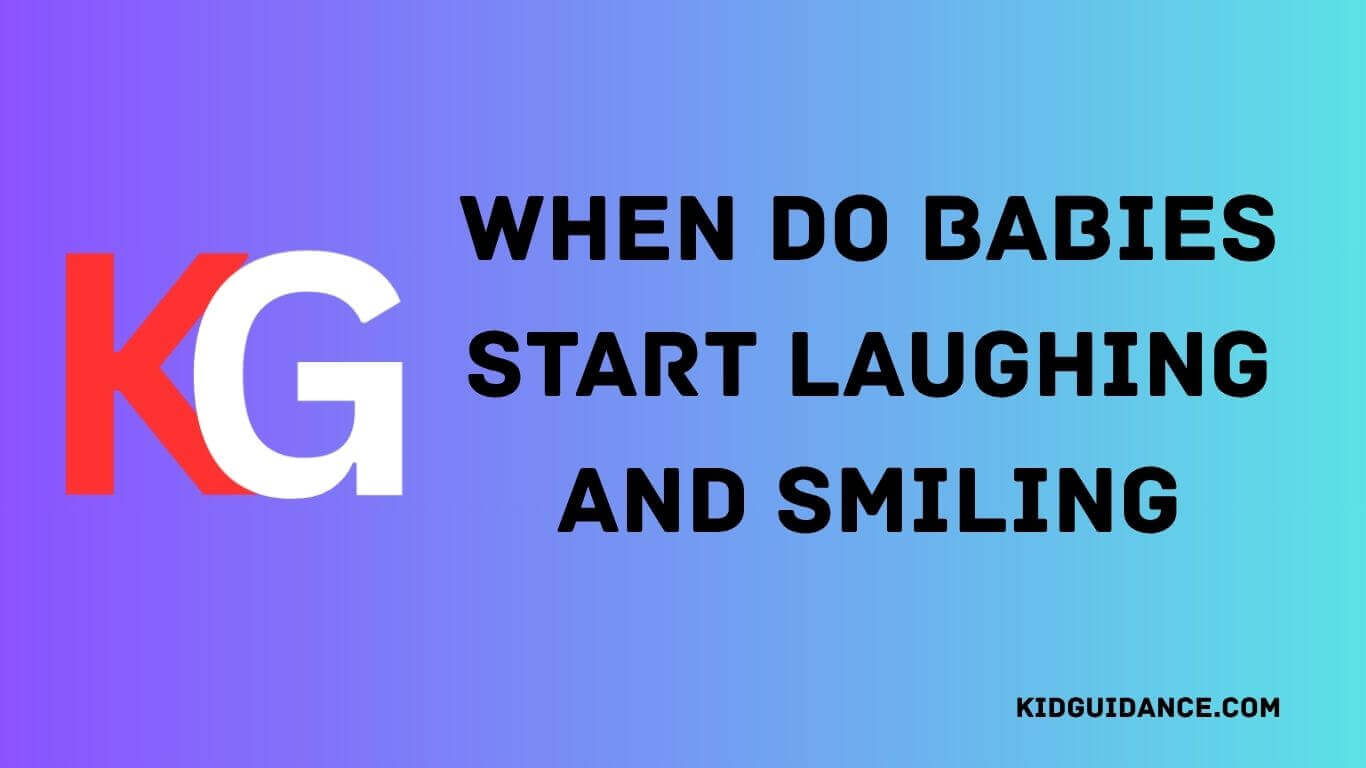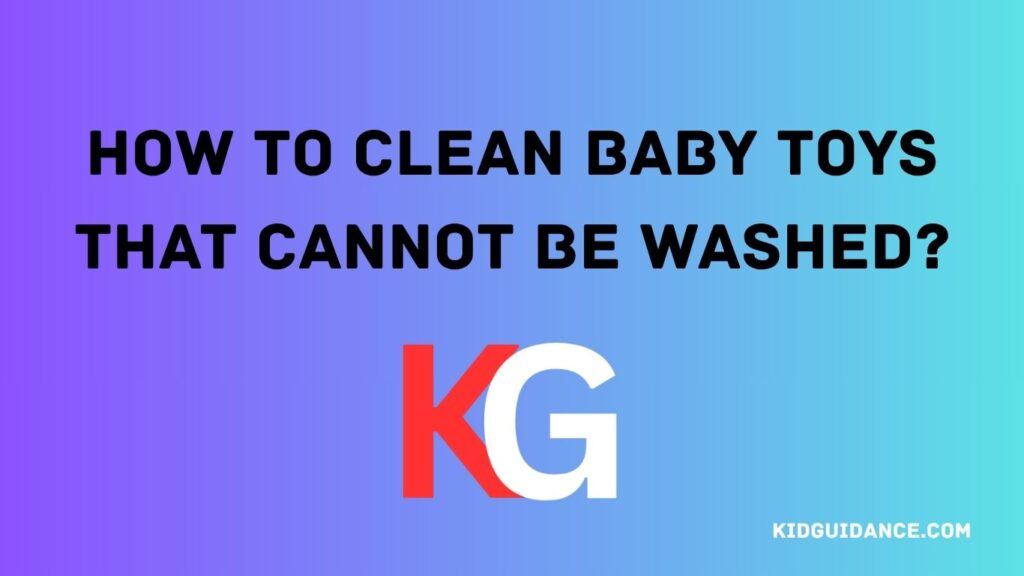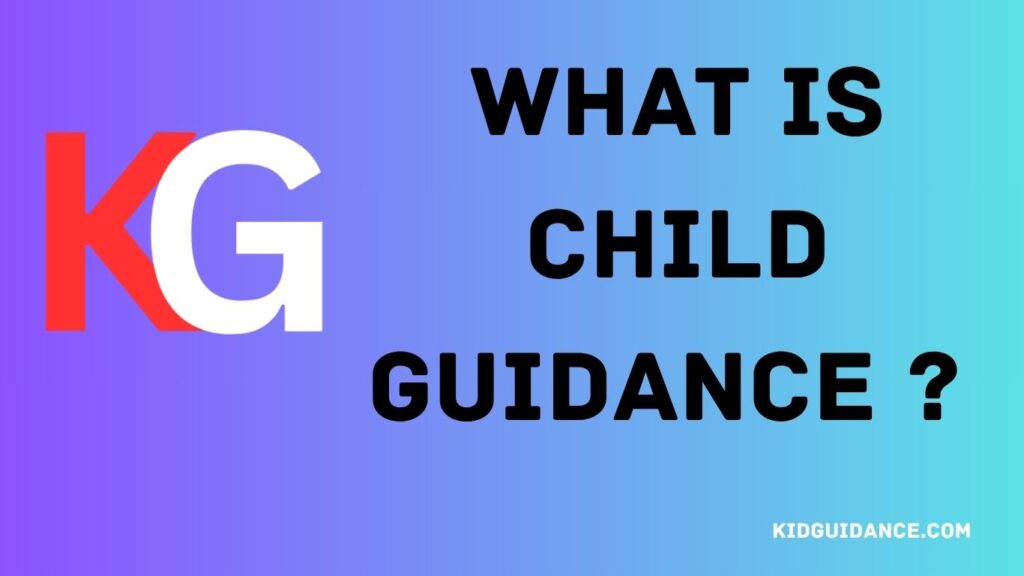When do babies start laughing and smiling? If you’re here, you’re probably waiting for that first real grin or giggle—and wondering when it’ll happen. You want to know if your babies on track, what’s normal, and how you can help those sweet smiles along. As a fellow parent, I’ve been in your shoes—watching every expression, hoping for a hint of joy. In this guide, I’ll break it down simply, with real experiences and trusted facts, so you can stop guessing and start enjoying those early moments even more.
As a parent, I can’t help but remember the first time my baby smiled back at me. It wasn’t just a reflex, but a sign of real connection. At first, you may notice a reflexive smile from your newborn, but around 6-8 weeks, the social smile kicks in. This is when your baby starts to truly engage with you, showing emotions in response to your face and voice. These smiles are an early form of communication, forming the foundation of emotional development. And as they grow, you’ll start hearing that wonderful giggle—an unmistakable sign they’re learning joyfully about the world around them.
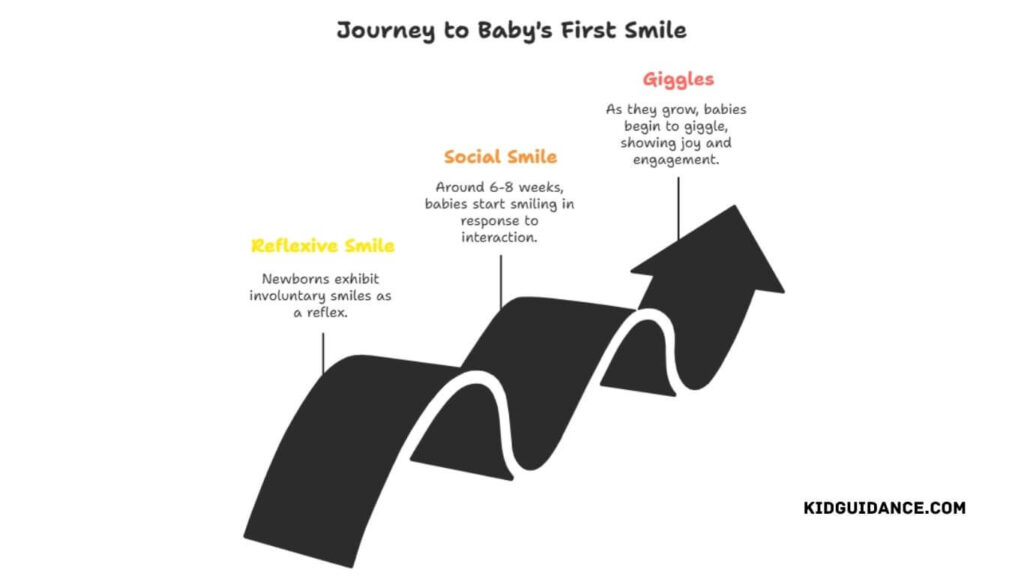
When Do Babies Start Laughing and Smiling?
What is the earliest a baby can laugh?
Most babies start laughing around 3 to 4 months of age. Laughter at this stage is often triggered by external stimuli, like funny sounds or faces. It’s a sign that your baby is starting to engage with their surroundings and express joy.
Personal Experience: I remember the first time my baby laughed—it was a tiny giggle when I made a silly face at him. His laughter felt like an instant connection, and it marked the beginning of our playful interactions.
The Reflexive Smile
In the first few weeks, babies often display reflexive smiles, which aren’t linked to any emotional stimulus. These are involuntary movements, like when babies smile during sleep or while passing gas.
While they may seem like a smile, they don’t necessarily represent an emotional reaction. However, they’re still a positive development, signaling that your baby’s nervous system is maturing.
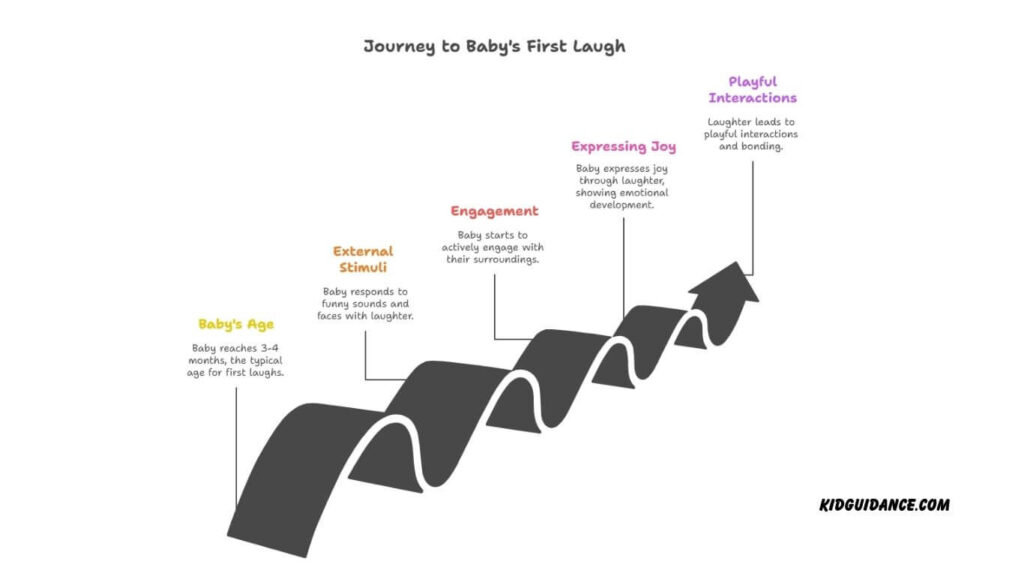
When Do Newborns Start Smiling?
Newborns typically start smiling around 6 weeks of age. These early smiles are considered social smiles, which means they are linked to emotional responses—usually in reaction to the caregiver’s voice or face.
The Social Smile and Baby’s Development
Social smiles, which appear between 6 to 8 weeks of age, are an important developmental milestone. They mark the beginning of your baby’s ability to connect emotionally with you. These smiles are often a response to faces, voices, or interaction, signaling that your baby is developing social awareness.
Personal Experience: I clearly remember when my baby first flashed a smile in response to my voice. It felt like we were communicating for the first time, and that moment was incredibly special.
Why Babies Smile and Laugh
Babies smile and laugh for various reasons—usually in response to sensory experiences. Your baby’s ability to recognize familiar faces, sounds, and interactions plays a huge role in their emotional and social development. These early smiles help them build trust with their caregivers and start learning about the world around them.
What Age Do Babies Start Cooing and Laughing?
Babies typically begin cooing around 6 to 8 weeks and may start laughing around 4 to 6 months. Cooing, which is baby’s first attempt at vocal communication, is often a precursor to laughter. It shows that your baby is starting to experiment with sounds and engage with you on a deeper level.
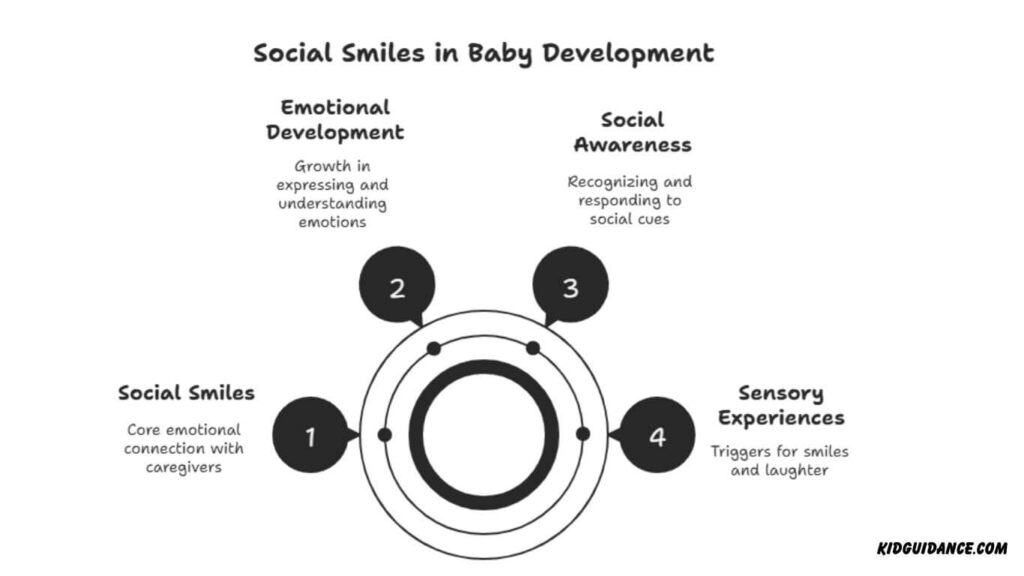
When to Be Concerned
What if My 7-Month-Old is Not Laughing?
Every baby is different, and the timeline for reaching developmental milestones like laughing can vary. However, if your baby hasn’t started laughing by 7 months, it’s worth discussing with your pediatrician. It could simply be that they need more time, or there may be underlying factors affecting their emotional development.
- Temperament: Some babies are naturally more reserved, while others are more expressive.
- Health: Illness or discomfort can delay the development of laughter.
- Environmental Factors: A baby’s environment plays a key role in their social engagement. The more interactive and positive the environment, the sooner they’ll likely start smiling and laughing.
Factors That Can Affect Baby’s Smile and Laughing Development
Personal Experience: I noticed my baby’s first laugh happened after a series of playful interactions with family members. A positive environment made all the difference.
The Importance of Laughter in Baby Development
Emotional Development
Smiling and laughing are essential to emotional development. These early reactions help babies express their feelings and start to understand social cues. By laughing, babies learn how to communicate joy and begin to connect emotionally with the people around them.
Laughter and Social Bonding
Laughter is a key part of bonding. When babies laugh, they’re not only expressing happiness but also strengthening their attachment to their caregivers. It’s a sign that your baby feels secure in their relationship with you, and that they trust their environment.
Tips for Encouraging Smiling and Laughing
How to Encourage Laughter in Babies
- Use Facial Expressions: Babies love to mimic expressions. Make silly faces or exaggerated expressions to trigger a smile or laugh.
- Playful Voices: Babies respond well to playful, high-pitched voices. Experiment with different tones to keep your baby engaged and laughing.
- Engage During Play: Interactive games like peek-a-boo and tickling are classic ways to encourage laughter.
Personal Experience: I found that incorporating fun sounds and faces during playtime led to more smiles and giggles from my baby.
Interactive Activities That Promote Laughter
- Peek-a-Boo: This game never fails to make babies laugh. It teaches them about object permanence and is a fun way to bond.
- Funny Noises: Babies love unexpected sounds. Whether it’s a funny voice or animal noise, these surprises often lead to infectious giggles.
FAQs
What age do babies start laughing and smiling?
Babies usually start smiling socially around 6 to 8 weeks. Laughing generally begins around 3 to 4 months, as babies become more interactive and aware of their surroundings.
What is the earliest a baby can laugh?
The earliest a baby can laugh is typically around 3 to 4 months. At this stage, babies respond to fun interactions like playful sounds or faces from their caregivers.
At what age do newborns start smiling?
Newborns may show reflexive smiles in the first few weeks, but social smiles usually emerge around 6 to 8 weeks, often as a reaction to seeing familiar faces.
What age do babies start cooing and laughing?
Babies generally start cooing at 6 to 8 weeks and can begin laughing between 4 to 6 months. These milestones help them connect with their environment and caregivers.
What if my 7-month-old is not laughing?
If your baby isn’t laughing by 7 months, it’s important to consult your pediatrician. Every baby develops at their own pace, but a lack of laughter could indicate a developmental concern.
Do babies smile when they sleep?
Yes, babies can smile while sleeping. These smiles may occur during REM sleep as they process their emotions or experiences from the day, often without conscious awareness.
Why do babies smile or laugh while sleeping?
Babies smile or laugh in their sleep as a response to their developing emotions or reflexes. It could also be triggered by the REM sleep cycle or passing gas.
Conclusion
Babies typically start smiling around 6 weeks and laughing between 3 to 4 months. These milestones play an important role in emotional bonding and social development. Encourage these early smiles by engaging in playful, interactive activities.

